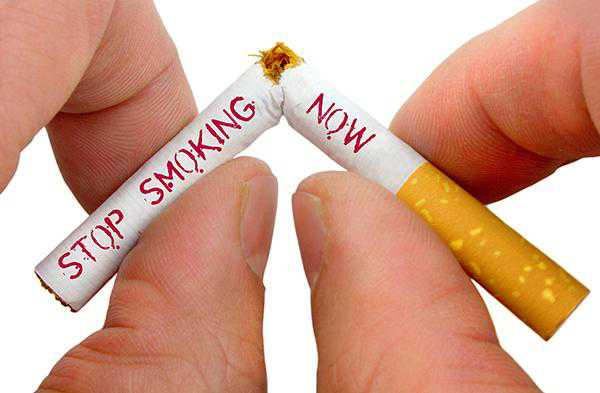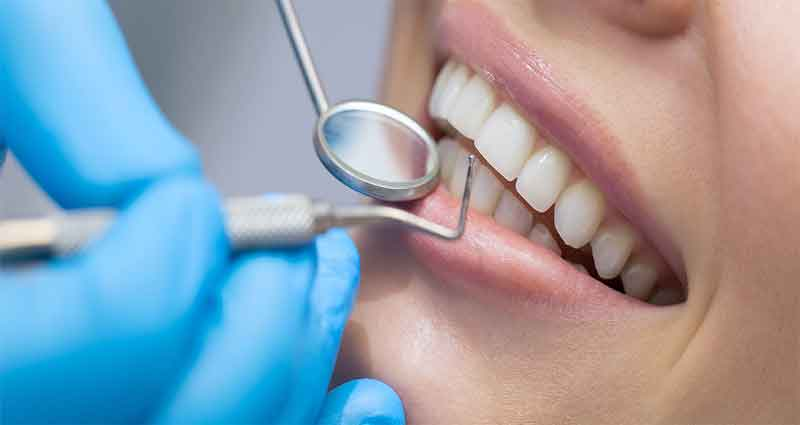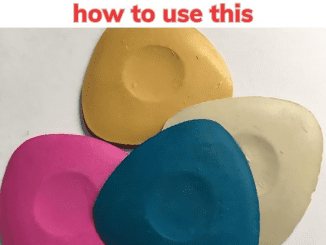Discovering a black spot on your tongue can be unsettling. Our tongues are typically pink and uniform in color, so any noticeable change might raise a few alarms. While a black spot isn’t always a cause for panic, it’s essential to understand the possible reasons behind it, when to seek medical advice, and how to take steps to address it. In this article, we’ll explore the potential causes of black spots on the tongue, key symptoms to watch for, and the appropriate actions to take if you encounter one.
Common Causes of Black Spots on the Tongue

There are several reasons you might find a black spot on your tongue, ranging from harmless to serious. Let’s break down some of the most common causes:
1. Hyperpigmentation
Hyperpigmentation occurs when there’s an overproduction of melanin, the pigment responsible for skin and hair color. This can lead to dark or black spots on the tongue. While it might look concerning, hyperpigmentation is generally harmless and is often linked to genetics or non-threatening skin conditions like oral melanotic macules.
2. Tongue Trauma or Injury
Have you bitten your tongue recently or eaten something particularly hot? Trauma from biting, consuming hot foods, or even a sharp object can bruise the tongue, leading to dark spots as blood vessels break under the surface—similar to a bruise on your skin. This type of discoloration is temporary and usually heals on its own.
3. Lingua Villosa Nigra (Black Hairy Tongue)
Though it sounds alarming, black hairy tongue is typically a benign condition. It occurs when the tiny bumps on your tongue, known as papillae, become elongated and trap bacteria, food particles, or tobacco. This buildup gives the tongue a dark, furry appearance. Poor oral hygiene, smoking, or excessive coffee consumption are common culprits, and this condition can often be resolved with better oral care.
4. Oral Melanoacanthoma
Oral melanoacanthoma is a rare and benign condition that appears as a dark, rapidly growing lesion on the mucous membranes of the mouth, including the tongue. It’s more commonly observed among people of African descent and often resolves on its own after a biopsy confirms that it’s non-malignant.
5. Medications and Medical Treatments
Certain medications, such as some antibiotics or blood pressure drugs, can lead to pigmentation changes in the mouth, including black spots on the tongue. Treatments like chemotherapy can have similar effects. Known as drug-induced pigmentation, this type of discoloration usually fades after the medication is discontinued.
6. Smoking and Tobacco Use
Tobacco products are notorious for staining the tongue. Regular smoking or tobacco chewing can lead to black or dark patches on the tongue’s surface. This discoloration can sometimes be permanent if tobacco use is prolonged but may diminish over time if you quit.
7. Fungal Infections
Although less common, fungal infections like Candida can sometimes result in dark patches on the tongue, particularly in individuals with weakened immune systems. These infections may require antifungal medications and can often be identified by accompanying symptoms like discomfort or a persistent sore mouth.
8. Oral Cancer
In rare cases, a black spot on the tongue could be an early sign of oral cancer. Indicators to watch for include irregular shapes, rapid growth, or associated symptoms such as pain, difficulty swallowing, or numbness. While black spots on their own aren’t typically cancerous, it’s essential to get unusual lesions evaluated.
When to See a Doctor

Not every black spot on the tongue requires a visit to the doctor. However, some specific characteristics should prompt a professional evaluation:
- Persistent Changes: If the black spot doesn’t fade after a couple of weeks.
- Irregular Borders or Color: Spots with irregular shapes, uneven colors, or asymmetrical edges may indicate an issue.
- Accompanied Symptoms: If there are additional symptoms such as pain, bleeding, swelling, or numbness, it’s wise to seek medical advice.
- Rapid Growth: Spots that grow quickly warrant a medical check.
- Multiple Lesions: If you notice multiple spots or lesions in various areas of the mouth, have it checked.
- Health History: Individuals with a history of oral cancer, heavy tobacco use, or significant alcohol consumption should be extra vigilant.
Diagnosing the Cause of Black Spots on the Tongue
When you visit a healthcare provider, they will likely start with a comprehensive examination of your mouth and a review of your medical history. Here’s what to expect:
1. Biopsy
If the black spot looks concerning, a small tissue sample might be taken for further examination under a microscope to rule out any malignancy or serious conditions.
2. Blood Tests

Sometimes, blood tests can help identify underlying health issues that might affect pigmentation, such as vitamin deficiencies, hormonal imbalances, or metabolic conditions.
3. Cultures or Swabs
If your doctor suspects an infection, they may take a swab from the affected area to identify any bacterial or fungal causes, guiding appropriate treatment.
What You Can Do at Home
While waiting for a medical evaluation or if the spot appears minor, there are several steps you can take to help manage the issue:
1. Practice Good Oral Hygiene
Maintaining proper oral hygiene can prevent or reduce discoloration. Brush your teeth twice daily, use a tongue scraper or brush, and floss regularly. This helps remove debris, bacteria, or staining agents that can contribute to discoloration.
2. Quit Smoking and Avoid Tobacco Products

Tobacco use is a major contributor to oral health issues, including dark spots on the tongue. Quitting can promote better oral health and reduce the risk of further discoloration or damage.
3. Stay Hydrated
Drinking plenty of water flushes toxins from the body and keeps the mouth moist, which reduces the likelihood of bacterial buildup and fungal infections.
4. Watch Your Diet
Certain foods and drinks, like coffee, tea, and soda, can stain the tongue over time. Cutting back on these can help prevent discoloration and maintain a healthier oral environment.
5. Avoid Irritants
If you suspect the black spot resulted from trauma, avoid hard, crunchy, or sharp foods that might aggravate the area and give your tongue a chance to heal.
6. Schedule Regular Dental Checkups

Seeing your dentist regularly can help catch any oral issues early and ensure that your oral hygiene is on point.
Conclusion: Take Action for a Healthier Tongue
While a black spot on the tongue can be concerning, it’s often caused by benign conditions that are easily treatable. However, staying vigilant and monitoring any changes is crucial. If the spot persists, grows, or is accompanied by other symptoms, don’t hesitate to consult a healthcare professional for a thorough evaluation. By maintaining good oral hygiene and making mindful lifestyle choices, you can keep your tongue and overall oral health in top shape.


